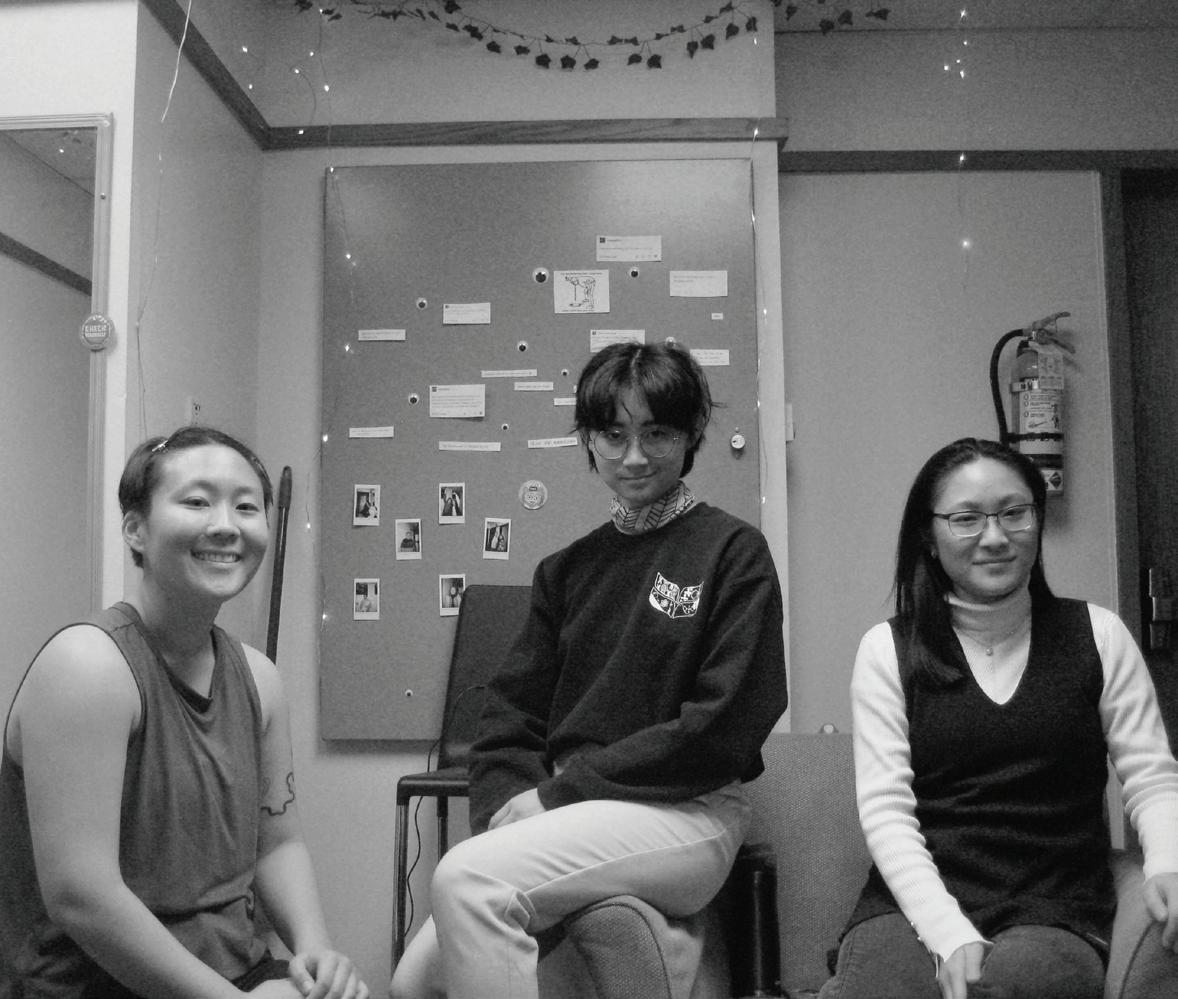
1 minute read
Future uncertain for project houses
become more difficult.
al to campus, the technical details of facility-management, event-scheduling, and day-to-day issues are a work in progress.
Advertisement
“It gives students that agency as opposed to a lot of other campuses that have set topics,” Perkins said about Grinnell’s method of awarding project houses based on student proposals, making the houses dynamic.
In previous years, project houses each had a house coordinator who lived there and fulfilled the responsibilities of a Community Adviser, such as requesting work orders and providing support for residents. As of fall 2022, project houses did not have their own house coordinator living within the house. Rather, one Community Adviser living in a dorm on campus provided coverage for all of these locations.
This change has led to some maintenance issues for the houses. Tyne said Farm House experienced mice infestations that normally would be addressed by a house coordinator but were left unattended throughout the year. He said house members who undertook these responsibilities also weren’t compensated for their time, while the official position of house coordinator would have their board costs covered.
Looking to the next academic year, the College will reinstate the house coordinator position within project houses, said Perkins. Tyne and Goffman both said this would relieve some organizational stress within their houses.
In addition to the changes made to the house coordinator position, Tyne and Goffman said funding for project house events from Residence Life was reduced this year. Tyne said Farm House funding requests for certain events would bounce between Residence Life and the Student Government Association without clear indications as to where money would come from. Similarly, Goffman said funding for food-based events has












